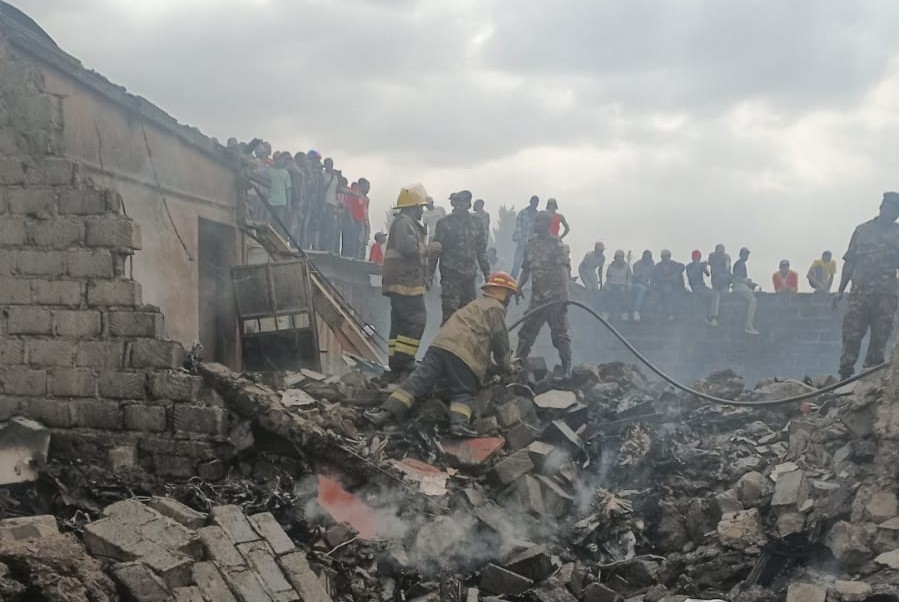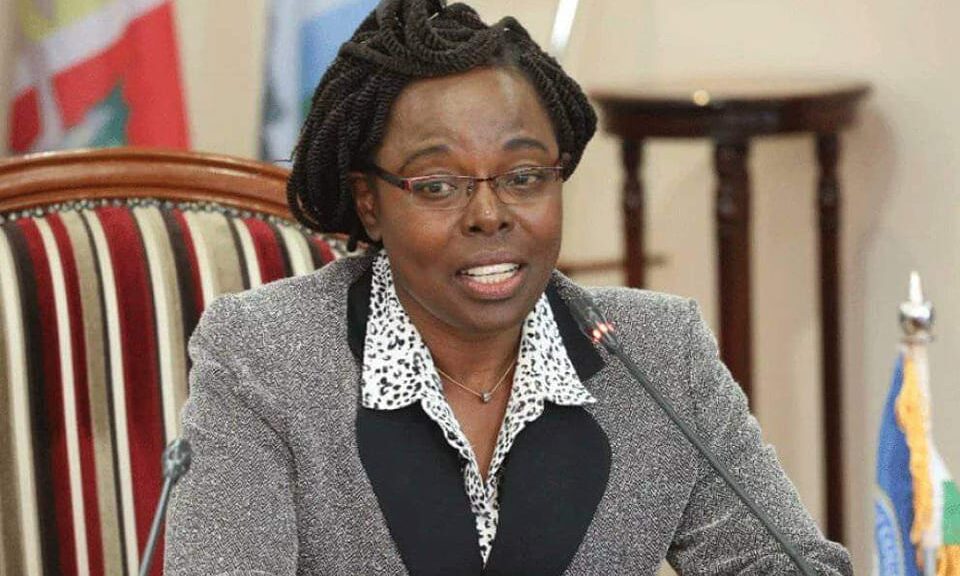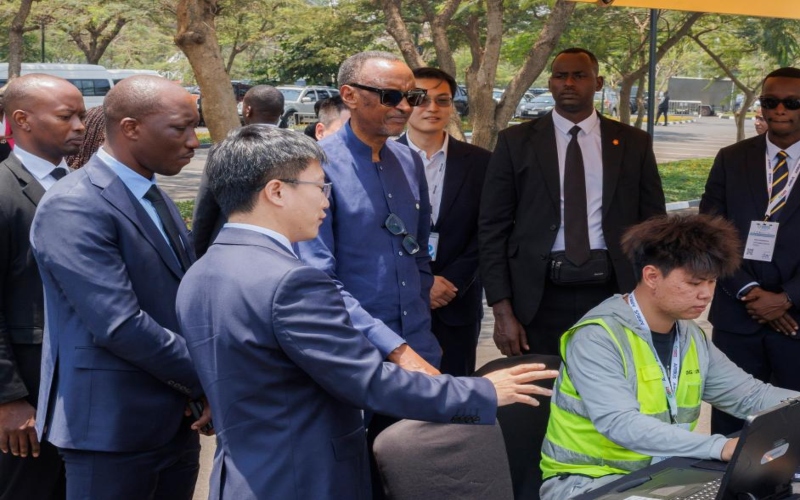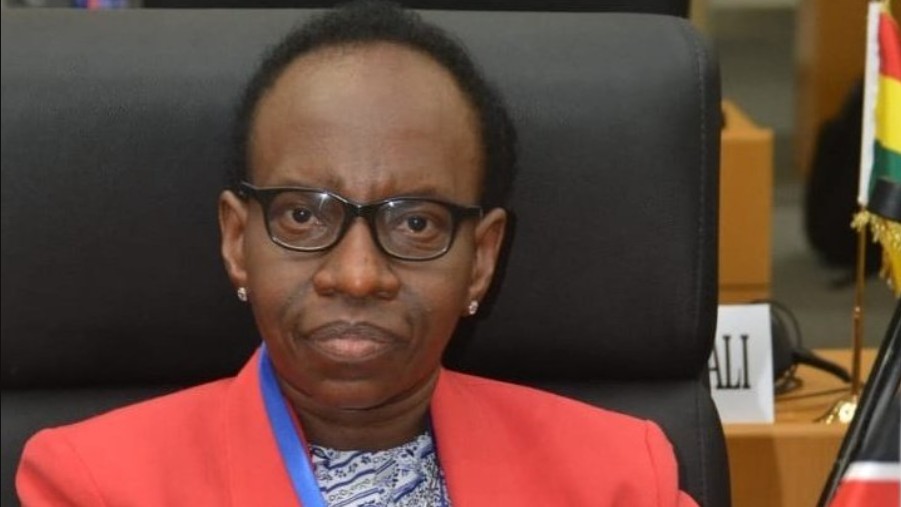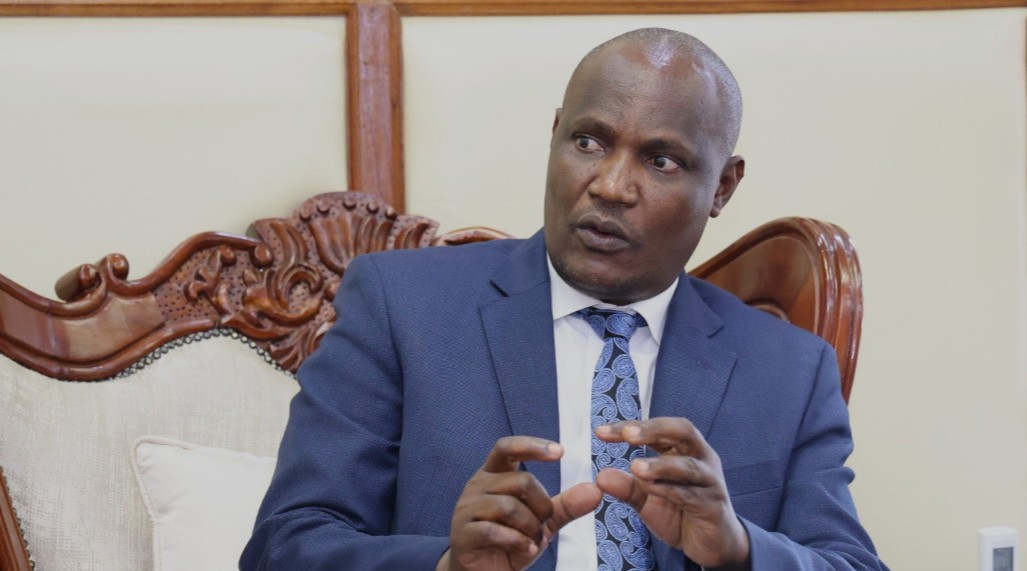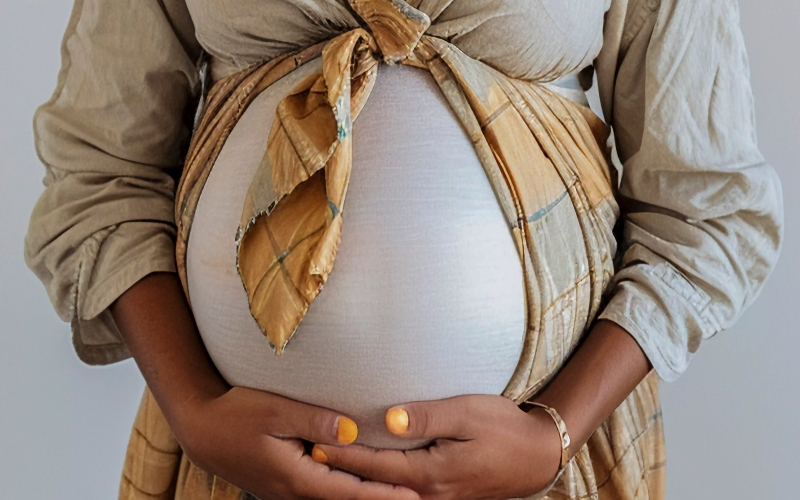High court consolidates 6 petitions filed against affordable housing project
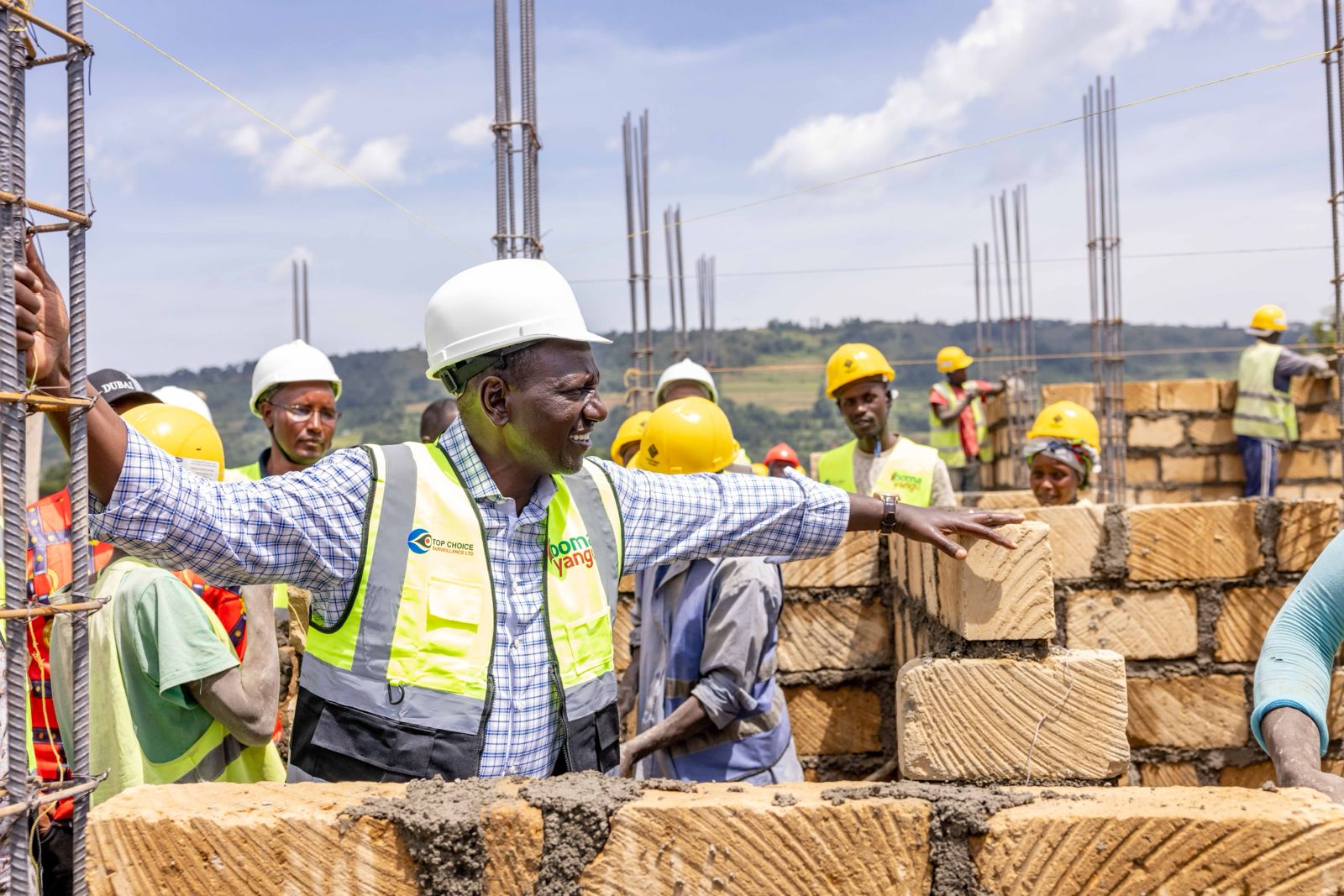
Some of the petitioners argued that the high court lacks jurisdiction to hear the petitions
Justice Chacha Mwita has consolidated the six petitions filed by different petitioners, including 22 senators, challenging the implementation of the government's Affordable Housing Project (AHP).
The petitions include prayers seeking to stop the Kenya Revenue Authority (KRA) from collecting the levies for the projects from salaried workers pending the hearing and determination of the petitions.
More To Read
- Kebs on the spot as MPs order withdrawal of disputed levy regulations
- Gachagua unveils 8-point plan to end protests, slams Ruto over housing levy, police brutality
- Governors back Ruto’s plan to use housing levy for building markets, social infrastructure
- COTU denies role in drafting affordable housing regulations, demands proof from PS Hinga
- Government defends housing levy for markets amidst COTU misuse claims
- MPs raise alarm over missing Sh4.2 billion earned from housing levy investments
All the petitions had been filed for similar purposes and the judge found it necessary that they be jointly heard as opposed to being assigned to different judges.
However, some of the petitioners argued that the high court lacks jurisdiction to hear the petitions, although they have yet to file their prayers based on these grounds.
Justice Chacha Mwita, on April 23, will determine whether the high court has the jurisdiction to hear the petitions.
If he ascertains that the high court has jurisdiction, he will direct Chief Justice Martha Koome to form a bench to proceed with the hearings.
The bench will determine whether or not the affordable housing projects and the collection of levies will be suspended pending the hearings of the merged petitions.
Petitioners had pleaded with the court to certify that the petition raises substantial questions of law to be heard by an uneven number of judges, being not less than three, and forthwith refer the case to Koome for the empanelment of the bench of judges to hear and determine the motions raised.
The senators led by Busia's Okiya Omtatah sued the National Assembly, the Senate, the Council of Governors, the Office of the Attorney General, the Ministry of Lands, Public Works and Urban Development, and the commissioner general of the KRA.
Others are the National Housing Corporation (NHC), Kenya Slums Upgrading, Low-cost Housing and Infrastructure Trust Fund, Commission on Revenue Allocation (CRA), KRA, the Auditor General, and the National Land Commission (NLC).
The petitions are supported by an affidavit sworn by Omtatah urging the high court to declare them urgent and issue a conservatory order to restrain the commissioner general of KRA from collecting the controversy-ridden housing levy pending a determination of the application.
They also want the government and its agencies to be prohibited from proceeding with the project until their case is heard.
One of their grounds is that the Affordable Housing Act is unconstitutional since it appoints the commissioner general of the KRA as the collector of the levy.
"The Commissioner General is not the KRA, which is established by Section 3 of the KRA. It is the Authority, not its Commissioner-General that, under, is given the mandate to collect and account for revenues in accordance with specified laws," the petitioners argue.
"The Commissioner General, being a creature of statute, cannot lawfully fulfil functions that have been donated to another statutory authority, more so when the latter has no powers to delegate such a function to the former. The Commissioner General would therefore be acting without lawful authority and in breach of the rule of law if he collected the affordable housing levy as provided by the impugned Section 2(1) of the Affordable Housing Act, 2024."
Petitioners added that the Commissioner-General of the KRA cannot be the collector of Affordable Housing Levy, adding that under Section 11(2), of the KRA Act, 1995, the responsibilities of the Commissioner-General are strictly restricted to the affairs of the Authority.
They further say the monies "collected outside the law" by the Commissioner General "will be exposed to theft since it cannot be secured by being lawfully kept in any of the existing funds created under Article 206 of the Constitution, including the Consolidated Fund."
The government was collecting 1.5 per cent of gross income as housing levy with an employer adding an equivalent of the same.
Top Stories Today
